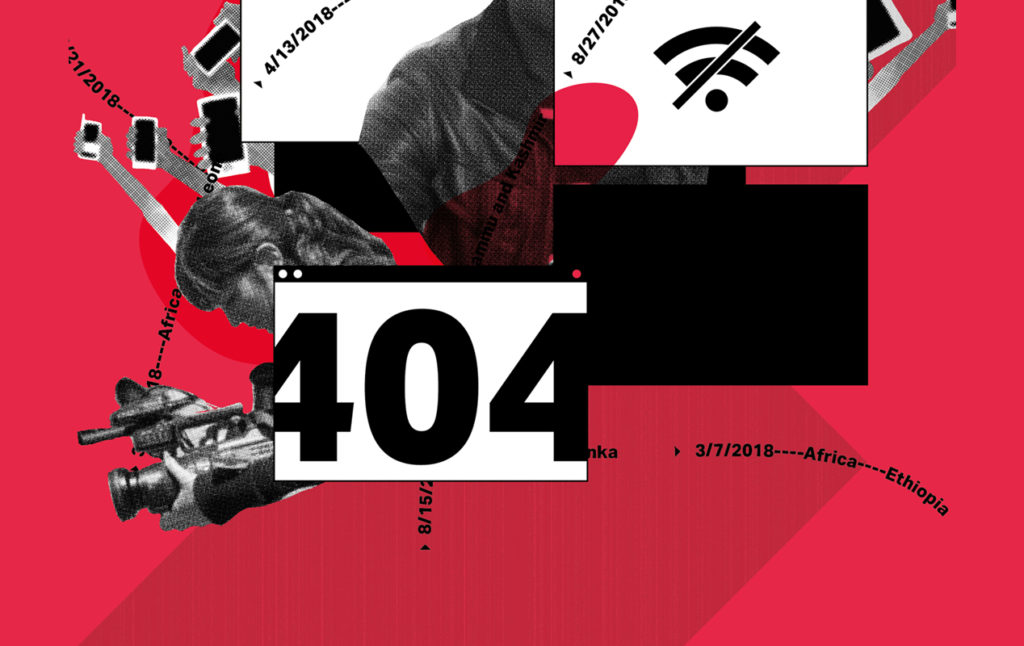2019 marked a year of growing damage to human rights brought by internet shutdowns. Access Now’s STOP Project, in collaboration with the #KeepItOn coalition, recorded at least 213 shutdowns in 2019, higher than 2018. As shutdowns are increasing in number, they are at the same time lasting longer, affecting more people, and more increasingly being targeted at vulnerable groups.
Governments like Bangladesh, India, Myanmar, and Indonesia have cut the internet in an effort to stifle the voices of specific populations, such as members of oppressed or marginalized minority groups, refugees, and others whose human rights are at risk. In Africa, nationwide shutdowns were common in 2019, often before or during protests, political instability, and elections.
While there were 25 countries that shut down the internet in 2018, we have documented at least 33 countries in 2019. Alarmingly, countries that had never shut down the internet, or that hadn’t done so in 2017 or 2018, joined the list in 2019 — indicating that more and more countries are resorting to shutdowns. Such countries include Benin, Eritrea, Gabon, Liberia, Zimbabwe, Malawi, and Mauritania.
As more shutdowns happen in contexts where grave human rights violations are occurring, they are also becoming increasingly difficult to detect, verify, and confirm. In 2019, we had a difficult time verifying shutdowns as they occurred in Yemen, Syria, Sudan, Ethiopia, and other countries either because there was a violent conflict in the background or because they targeted a specific village or town.
Despite the increasing threat of internet shutdowns, people are taking more actions to defend themselves through legal channels. From Zimbabwe to Sudan, Russia, and India, more and more advocates are taking their governments to court to challenge these blatant and arbitrary shutdowns.
This report documents new internet shutdown trends that arose in 2019, the coalition’s effort to fight against every shutdown, the work of our partners and friends, and some of the challenges we foresee in 2020.
